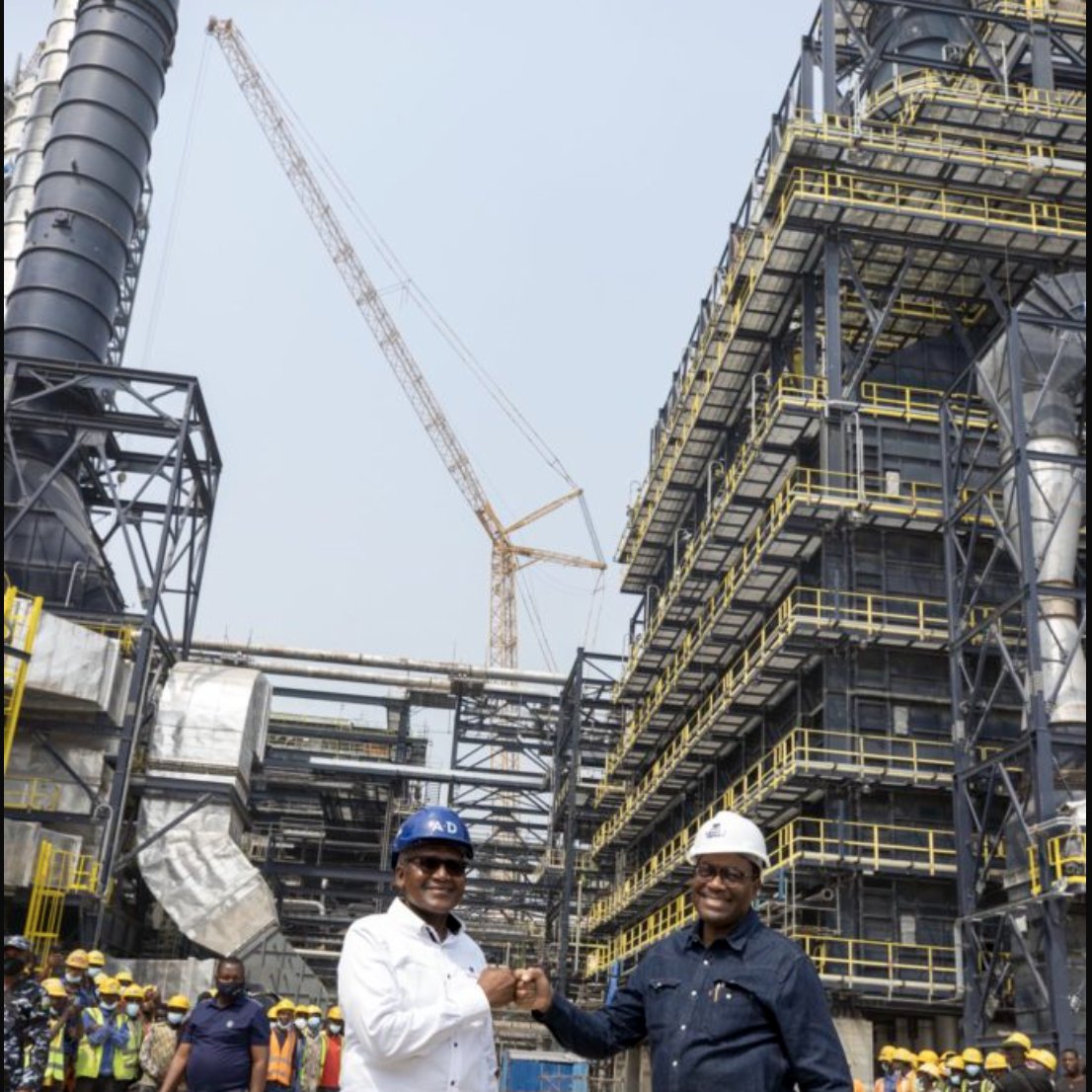BUSINESS

ALIKO DANGOTE’S $23 BILLION GAMBLE THAT CHANGED THE GLOBAL ENERGY MARKET FOREVER
In 2013, the world watched as Nigeria, Africa’s largest oil producer, continued importing refined fuel at exorbitant costs, draining billions from its economy. While others saw a broken system, Aliko Dangote saw the opportunity of a lifetime. Where most would hesitate, he made an audacious bet—one that would take over a decade, cost $23 billion, and redefine Africa’s place in the global energy market.
The idea was bold, almost impossible. Nigeria needed a world-class refinery, but the land was nothing but swampland—no roads, no power lines, no infrastructure. He wasn’t just building a refinery; he was building an entire industrial city from scratch. The challenges were relentless. Government red tape forced him to relocate the project. The Nigerian currency crashed, losing 70% of its value. COVID-19 disrupted global supply chains. Every step forward seemed to come with two steps back.
But failure was never an option. Dangote secured $5.5 billion in bank loans, sold shares in his cement empire, and personally committed $10 billion from his holding company. He bet everything. As delays mounted and critics grew louder, many believed the refinery would never see the light of day.
Then, in January 2024, the refinery roared to life. A year later, it was processing 500,000 barrels of oil per day, exporting refined products to Europe, Brazil, the UK, the US, Singapore, and even Saudi Aramco. The impact was immediate and seismic. Nigeria, once dependent on foreign refineries, had become a net exporter of jet fuel, naphtha, and fuel oil. European refiners, long dominant in Africa, saw their grip crumble as Dangote’s refinery disrupted the status quo.
For Dangote, the financial rewards were staggering. His net worth skyrocketed from $13.4 billion to $23.9 billion in just one year, nearly doubling overnight. But this was never just about money. It was about proving a point—that Africa could break free from the cycle of exporting raw materials cheap and importing finished products at a premium.
For generations, Africa had been trapped in a system designed to keep it dependent. Dangote shattered that model. While others saw challenges, risks, and obstacles, he saw 200 million Nigerians needing fuel and a continent waiting for transformation. And so he built the impossible.
Today, his refinery stands not just as a symbol of economic power but as proof that Africa can build for itself, by itself. Aliko Dangote didn’t just construct a refinery—he rewrote Africa’s future and reshaped the global energy market in the process.
4o
"This represents a significant development in our ongoing coverage of current events."— Editorial Board









